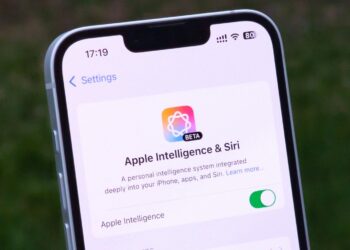When considering a new computer, one of the primary questions is often whether to choose a desktop PC or a laptop. While both options have their advantages and disadvantages, one significant factor that often influences the decision is cost. In this article, we will explore whether a desktop PC is indeed cheaper than a laptop, taking into account various factors.
Cost Breakdown: Desktop vs. Laptop
Initial Purchase Price
-
Desktops:
- Typically, desktop PCs offer a lower initial purchase price compared to laptops with similar specifications.
- The components of desktops, such as monitors, keyboards, and mice, are generally more affordable to produce than the compact components found in laptops.
- Laptops:
- Laptops often carry a premium price tag due to their portability and the engineering required to fit components into a smaller frame.
- Entry-level laptops can be found at a lower price point, but they usually come with limitations in performance and features.
Performance vs. Cost
-
Hardware Specifications:
- Desktops can be easily customized and upgraded, allowing users to build a machine tailored to their needs without breaking the bank.
- Options for budget-friendly components are more extensive in the desktop market.
- Gaming and Performance PCs:
- For gamers or users requiring high performance, desktops can be built with more powerful graphics cards and processors for less money than a comparable laptop.
Long-Term Considerations
Maintenance and Upgradability
-
Desktops:
- Easier to upgrade; users can often replace or add components like RAM, storage, or graphics cards without replacing the entire system.
- Repairs can often be more straightforward and less costly, thanks to the modular nature of desktops.
- Laptops:
- Upgrading a laptop is more challenging, with many models having soldered components and limited space.
- Repairs can be more expensive, given the specialized parts and labor required.
Lifespan and Devaluation
- Declining Value:
- Laptops tend to depreciate faster than desktops due to the rapid pace of technological advancement.
- Desktops might have a longer usable life due to their upgrade potential, which can lessen the overall cost over time.
Cost of Accessories and Add-Ons
Necessary Equipment
-
Desktops:
- Generally require additional purchases like monitors, keyboards, and mice, which can add to the initial setup cost.
- However, these components can last longer, diminishing the need for frequent replacements.
- Laptops:
- Integrated features mean fewer additional accessories are needed initially.
- Portability may come with a trade-off, as accessories (like protective cases) may incur extra costs.
Power and Efficiency
- Energy Consumption:
- Desktops typically consume more power because they usually house more powerful components.
- Laptops, designed for energy efficiency, tend to have longer battery lives which can lower electricity costs in the long run.
Summary of Costs
-
Initial Costs:
- Desktops are usually less expensive initially for equivalent performance.
-
Upgrade and Maintenance Costs:
- Desktops are more economical in the long run due to upgradability.
-
Longevity:
- Desktops have a longer lifespan, minimizing replacement frequency.
ADVERTISEMENT - Accessories:
- Desktops incur higher initial accessory costs but may last longer.
ADVERTISEMENT
In assessing whether a desktop PC is cheaper than a laptop, consider your specific needs, preferences, and potential future requirements. Depending on how you plan to use your computer, a desktop may provide better value, especially if performance and upgradeability are priorities.





